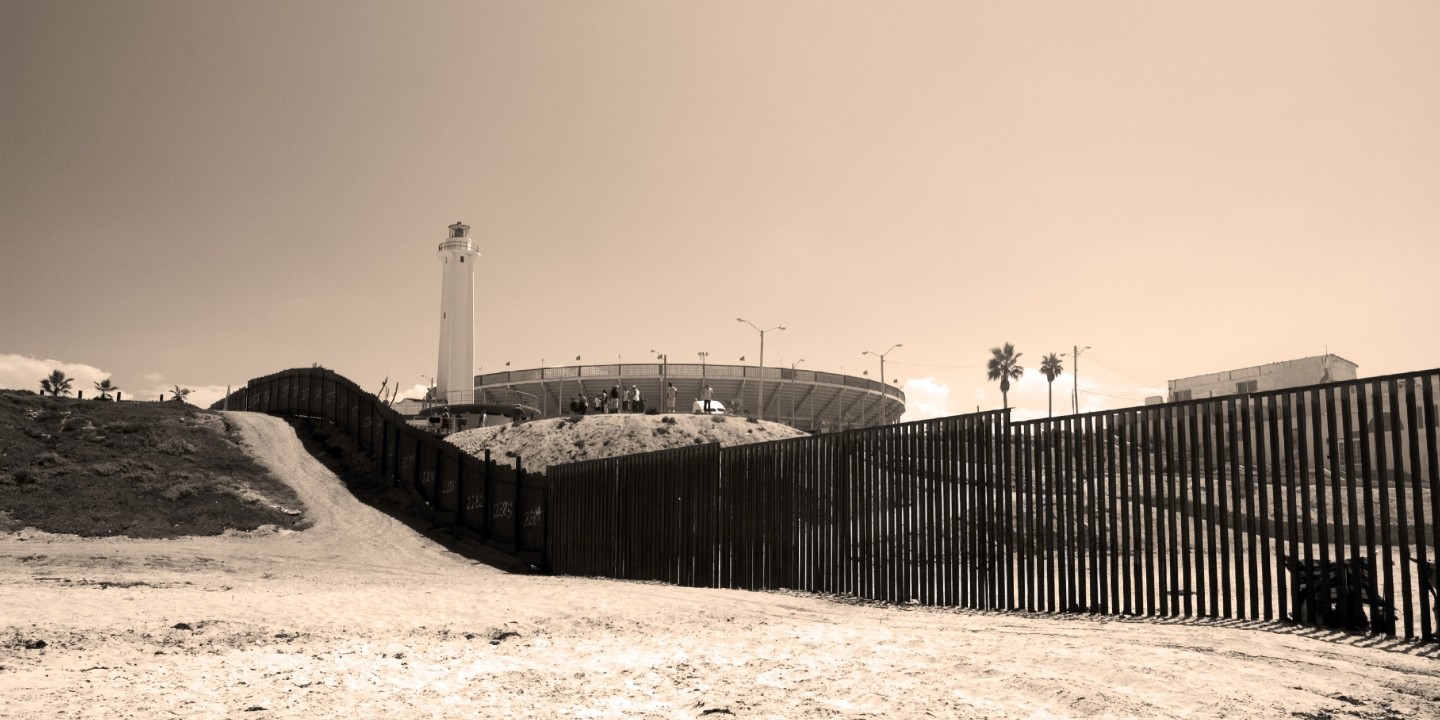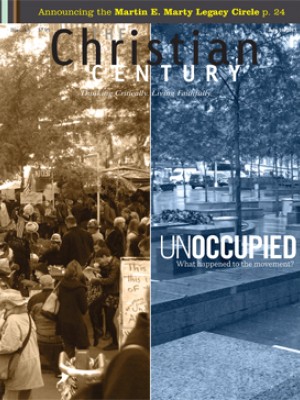Security at what cost? When safety is an idol

Each year in the United States, 30,000 people die in traffic accidents. While lower speed limits could save some of them, our culture values traveling quickly at least as much as traveling safely. Diet-related diseases kill many thousands; regulating junk food could save lives and reduce health-care spending. But we Americans prize our right to choose what we eat, so the costs and benefits must be weighed.
As for terrorism, it’s a frightening killer—but a vanishingly unlikely one. Lightning strikes and fireworks accidents are far more prolific. Yet in our political climate, safety from terrorism enjoys a peculiar status: it’s an absolute priority, subject to little scrutiny or cost-benefit analysis. While policies that could save far more lives are optional, fighting terrorism is simply doing what must be done.
Read our latest issue or browse back issues.
Following recent revelations that the National Security Agency has been collecting Americans’ phone and Internet records (see “Being watched”), 63 percent of Americans expressed concern that the feds will “misuse the information . . . to snoop into people’s private lives.” Seventy-six percent expect this surveillance is “bigger and more widespread than we now know.” Yet only 44 percent disapprove of it. When it comes to security, Americans may think a strategy’s rotten and will only get worse but stop short of actually objecting to it.
When the Justice Department, citing a terror threat, seized Associated Press phone records in May, only 44 percent of Americans objected. Just 16 percent even followed the story closely. It was a startling affront to freedom of the press, a bedrock of democratic society—but Americans are a lot more concerned about national security.
Terrorism is often cited as a reason to prioritize border security. And prioritize it we have: in recent years, the United States has systematically militarized its southern border. The Border Patrol’s budget has grown larger than all other federal law enforcement combined—and illegal immigration has plummeted. Northbound border traffic is now no busier than southbound. Yet the Senate’s immigration reform bill leads with billions in new border security funds, and House Republicans want even more.
There’s no question that one of government’s basic purposes is protecting citizens from harm. But when fear and terror dominate our politics, security becomes an idol—and we are harmed in other ways. Warrantless surveillance chills free speech. When the press can’t protect its sources, it loses independence and power. Endless spending on border security leaves Congress that much less likely to attack poverty or unemployment. In short, terrorism is not the biggest problem we face—and the benefit of more security needs to be publicly weighed against its costs, not treated as nonnegotiable.
But too often, we simply leave it to the authorities to quietly do whatever it takes to keep us safe. We should demand more transparency, more accountability and less fear. And we should be wary of the goal of absolute security. We’ll never get there—and who knows what civil liberties and competing priorities we’ll sacrifice as we try.





